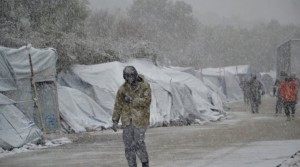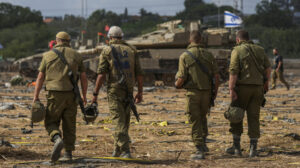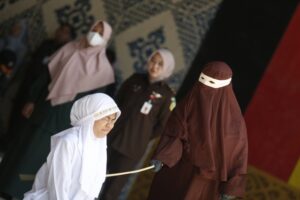NGOs operating in Greece and the wider region of the Balkan peninsula warn that tens of refugees and migrants are at risk of freezing to death if measures to protect them from the snow and sub-zero temperatures are not immediately taken.
A severe weather front has swept across Greece and other countries in the southeastern part of Europe, causing refugees and migrants who are living in shanty tents and poor infrastructure with children and elderly people to be exposed to the bitter cold that has engulfed the geographical area.
International humanitarian organisation “Save the Children” released a statement prompting authorities to take urgent action to protect thousands of children and elderly trapped in flimsy housing without access to heat, food or water. Many are living in dilapidated buildings or on the snow-covered streets exposed to the elements, the statement says. So far there have been more than 40 deaths reported due to extreme weather in the Balkan region.
An Afghani male most likely froze to death at Evros, in northern Greece, at the start of 2017 when temperatures fell 14 degrees below zero Celsius, while a Somali woman was also found dead due to the cold on the borders with Bulgaria. Two more men from Iraq died in a forest in the northeast region of Bulgaria.
There are large numbers of children between the ages of 10 and 11 trapped in Serbia among the 1,200 refugees and migrants taking refuge in abandoned buildings and warehouses. The NGO estimates that between 80 and 100 people are arriving in Serbia daily, while it was reported that approximately 54 people reached Greece every day in December of 2016. The organisation “United Movement against Fascist and Racist Threats” alleged hundreds of children, women and elderly had sought shelter in the the Malakasa infirmary to keep warm. The Hellenic League for Human Rights (HLHR) called on the Greek Immigration Ministry to assume its responsibilities and protect the refugees and migrants from the cold.
Ask me anything
Explore related questions





